Demolition Contractors Newark
Best Structure Demolition in Newark
Get multiple Local Demolition Contractors quotes for your project today! Compare profiles, reviews, accreditations, portfolio, etc... and choose the best offer.
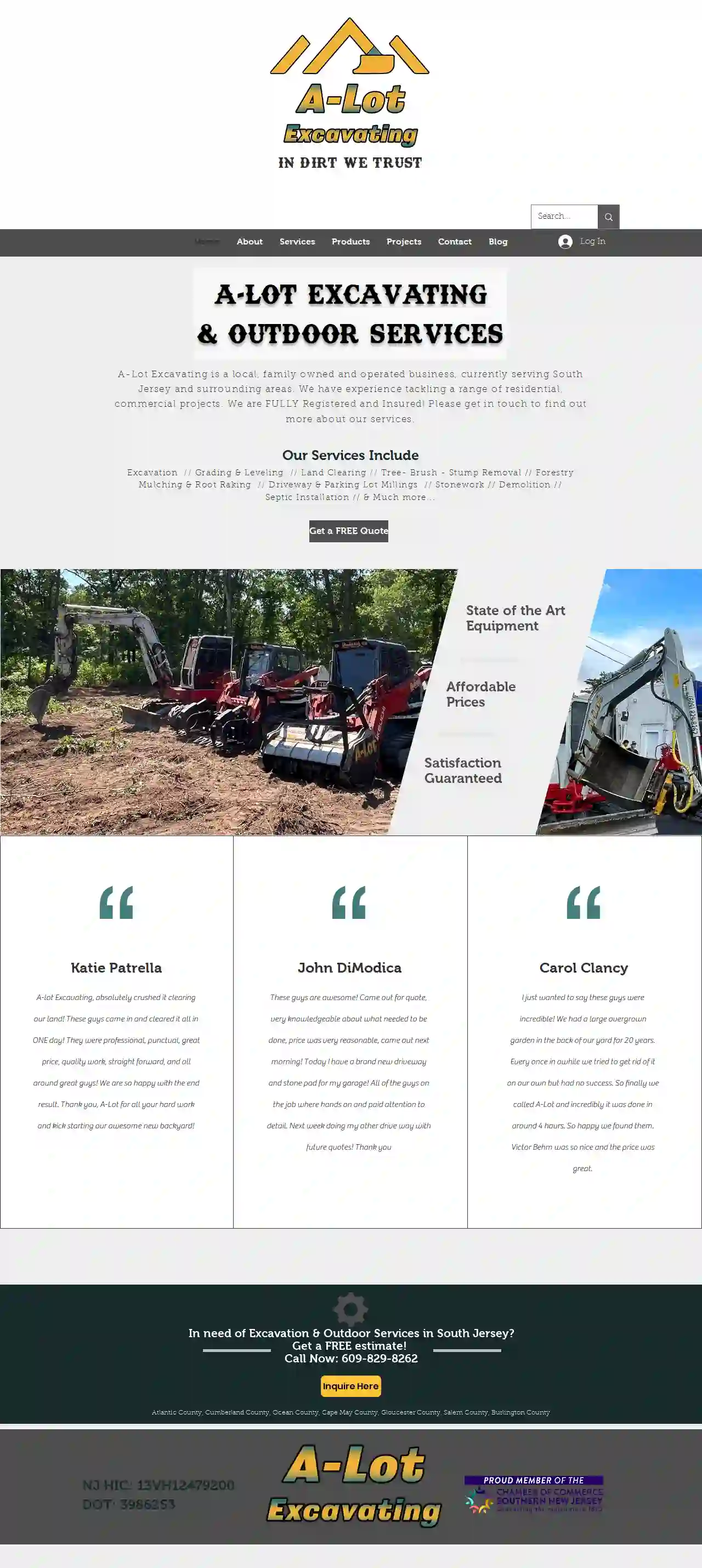
A-Lot Excavating
4.713 reviewsAtlantic City, USA-Lot Excavating & Outdoor Services A-Lot Excavating is a local, family owned and operated business, currently serving South Jersey and surrounding areas. We have experience tackling a range of residential, commercial projects. We are FULLY Registered and Insured! Please get in touch to find out more about our services. Our Services Include Excavation // Grading & Leveling // Land Clearing // Tree- Brush - Stump Removal // Forestry Mulching & Root Raking // Driveway & Parking Lot Millings // Stonework // Demolition // Septic Installation // & Much more... Get a FREE Quote State of the Art Equipment // Affordable Prices // Satisfaction Guaranteed
- Services
- Why Us?
- Testimonials
- Gallery
Get Quote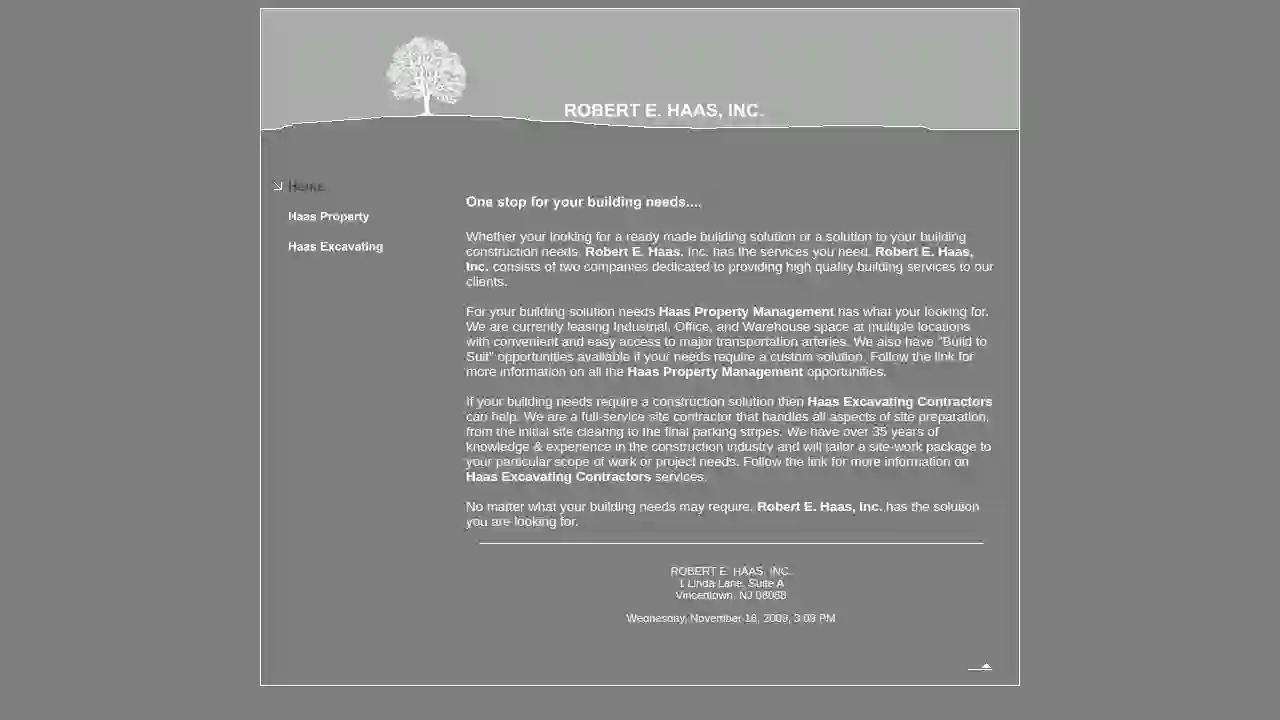
Haas Excavating Services
51 reviewsAtlantic City, US- Services
- Why Us?
Get Quote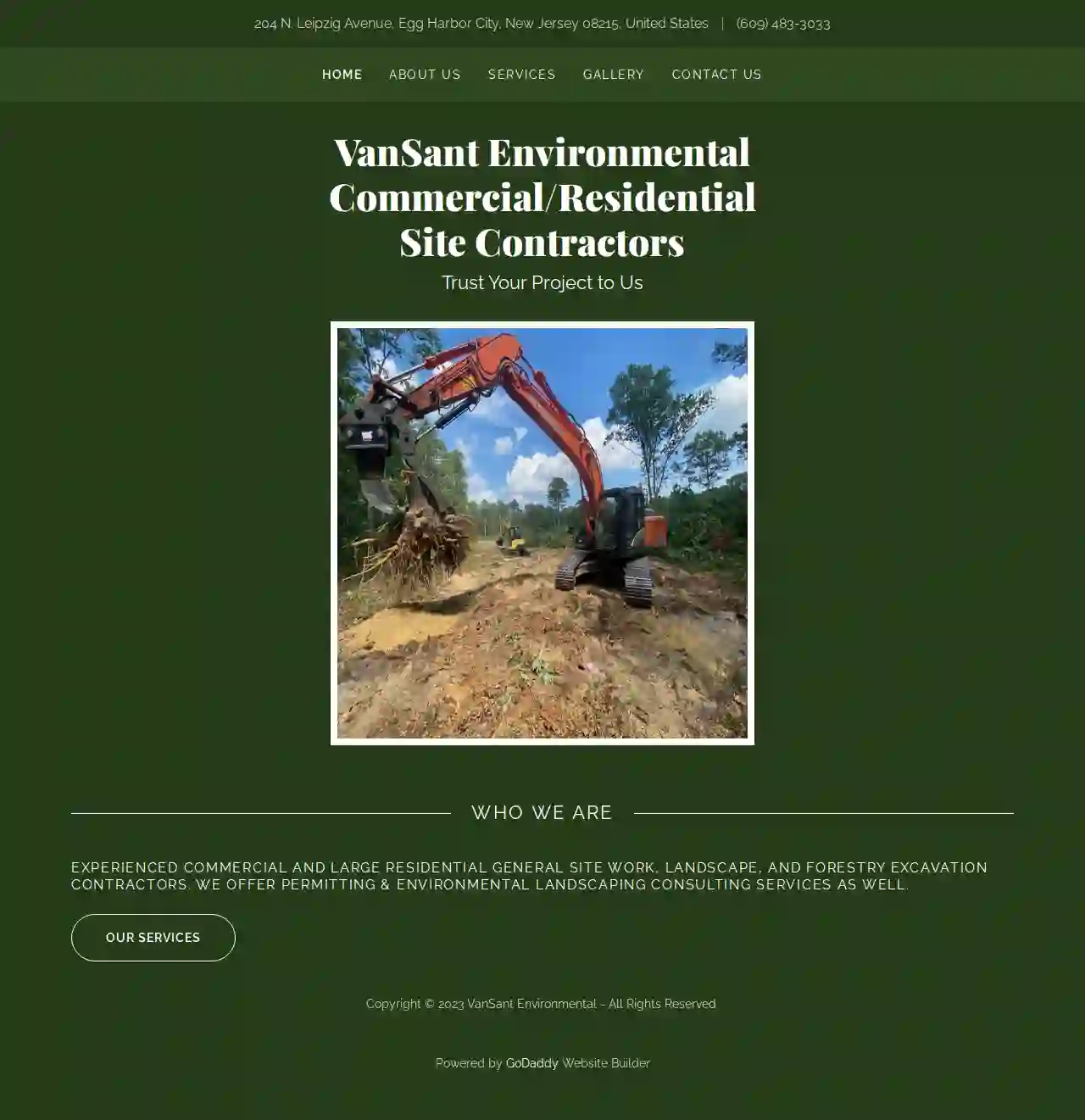
VanSant Environmental Landscaping & Site Work
51 reviews204 North Leipzig Avenue, Galloway, 08215, USWho We Are Experienced Commercial and LARGE Residential General Site work, Landscape, and Forestry EXCAVATION Contractors. We offer permitting & environmental landscaping consulting services as well. Our Team Barry VanSant Barry is the owner and the company's Horticulturist and Landscape Designer/Consultant. He has over 45 years experience in multiple areas of the industry. Samuel VanSant Sam is the company's Project and Construction Manager. He oversees the day-to-day operations and all heavy equipment operations. Adam Wolff Adam is our field engineer. He is a graduate of East Carolina University in construction management and LEED Certified. Frequently Asked Questions Are you insured and licensed? We have all necessary licenses for our area, and we carry insurance for all of our projects. What kind of landscaping do you do? Our specialty is in natural and native plant material and methods that fit the ecology of our area. We proudly support and volunteer for: Team Rubicon USA Volunteer Partner Since Oct. 2016 Habitat For Humanity Volunteer Partner Since Oct. 2016 U.S. Fish and Wildlife Services Volunteer Partner Since Dec. 2018
- Services
- Why Us?
- Our Team
- Gallery
Get Quote
Triple A Construction and Excavating LLC
1Ossian, USBuilding the Future with Quality and Precision At Triple A Construction and Excavating, our founder brings over 30 years of experience to every project, crafting durable structures that stand the test of time. Our expertise ensures every build is not just constructed, but crafted with precision. Dealing with construction projects can be a daunting task. The complexity and scale of tasks can disrupt daily routines and lead to significant stress. At Triple A Construction and Excavating, we understand these challenges. Based in Ossian, IN, we are a family-owned business with deep roots in the community. Our founders have been perfecting their craft for over 30 years, bringing dreams to life with custom pole buildings, concrete services, metal roofing & gutters, new construction, and garage construction. Our approach is tailored to minimize disruption and maximize satisfaction. Why settle for less when you can work with a company that regards your project as a masterpiece in the making? Reach us and let’s start building your future today! Why Choose Us? Choosing Triple A Construction means opting for reliability and quality. We combine hands-on experience with a passion for innovative building. Whether it’s a resilient pole building or a robust new garage, our projects are designed to meet your specific needs and exceed expectations. Expert Experience Guaranteed! Explore Our Diverse Construction Services Our range of services includes creating sturdy and stylish pole buildings, laying solid concrete foundations, and installing durable metal roofing. We also specialize in new constructions and garage creations, ensuring each structure reflects our commitment to excellence. Start Your Construction Project with Us Today Looking for a construction company in Ossian, IN that delivers excellence? Triple A Construction is your go-to partner. We handle every phase of your project with the utmost care and professionalism. Reach us to bring your vision to life.
- Services
- Why Us?
- Gallery
Get Quote
Will Jackson's Grading
31 reviews1358 New Mexico 313, Algodones, 87001, USWill Jackson's Grading: Your Trusted Partner for Excavation and Grading in Central New Mexico When you're ready to build on a piece of property or need help preparing land that already has a structure on it, contact Will Jackson's Grading. Whether you need an excavating contractor to assist you with trenching or a grading contractor to smooth things over, you'll always get outstanding services with us. Proper land preparation requires backhoes, loaders and dump trucks to complete the process within your timeline. Contact us when you need: Grading services to prepare your land for construction Trenching services to prepare for utility and plumbing installation Demolition, including complete and partial structure removal Site preparation, including erosion control services We're a locally-owned and operated family-run business with decades of experience. We pride ourselves on consistent communication, professional and reliable contracting services, and serving the central New Mexico area.
- Services
- Why Us?
- Gallery
Get Quote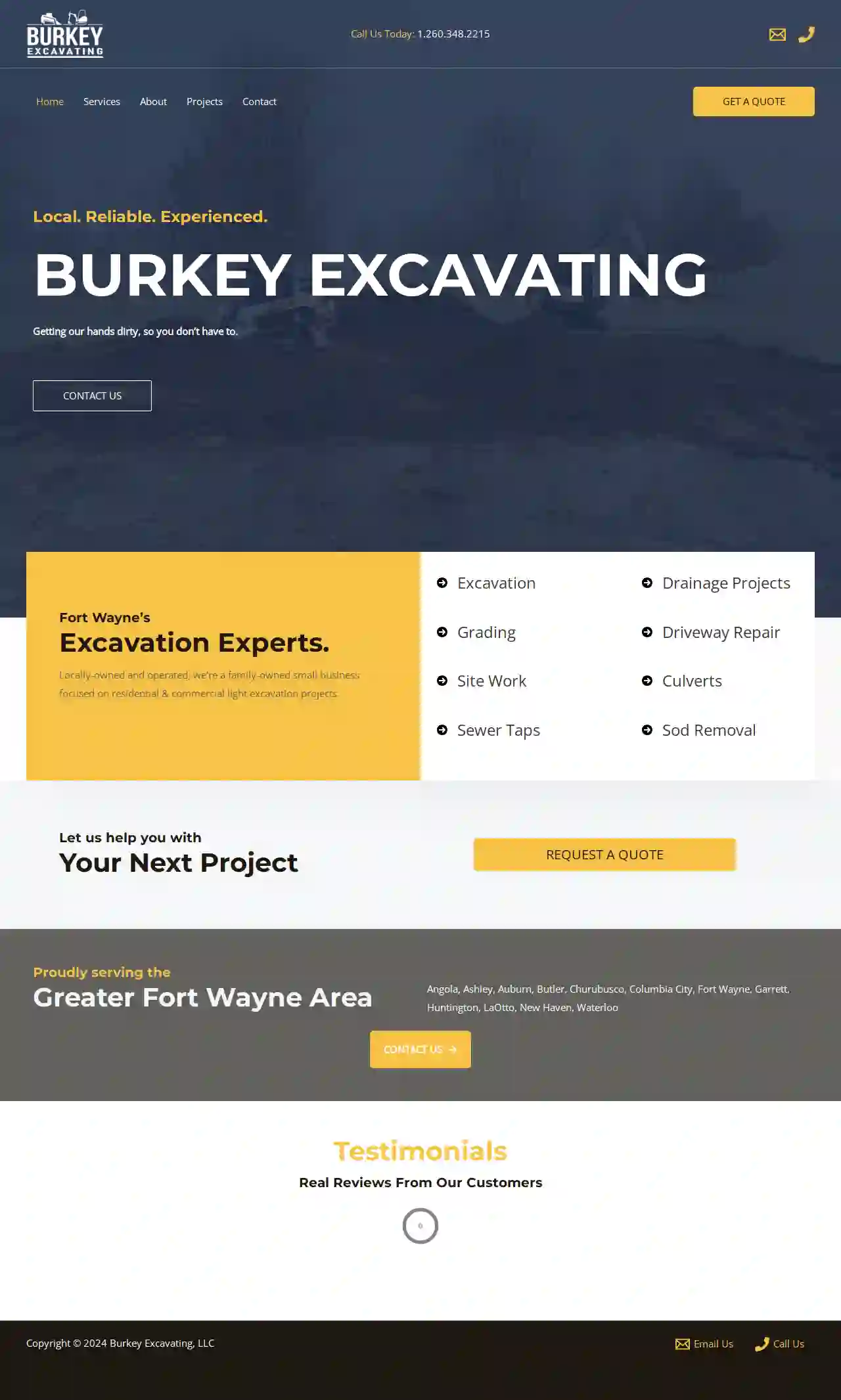
Burkey Excavating LLC
53 reviewsWayne, USBurkey Excavating: Your Local Excavation Experts Burkey Excavating is a family-owned and operated business serving the Greater Fort Wayne area. We specialize in residential and commercial light excavation projects, providing reliable and experienced service to our customers. We understand that excavation projects can be stressful, so we strive to make the process as smooth and hassle-free as possible. Our team is dedicated to providing high-quality work at competitive prices. We are committed to providing our customers with the best possible experience. We are always available to answer your questions and address your concerns. We are also committed to safety and environmental responsibility. We use the latest equipment and techniques to ensure that our projects are completed safely and efficiently. We are proud to serve the following communities: Angola, Ashley, Auburn, Butler, Churubusco, Columbia City, Fort Wayne, Garrett, Huntington, LaOtto, New Haven, Waterloo.
- Services
- Why Us?
- Gallery
Get Quote
Tractor Solutions, LLC
1Wayne, USGet More Work Done... Tractor Solutions, LLC is a skilled landscape excavating contractor dedicated to providing high-quality services and exceeding client expectations. We understand the importance of efficiency and effectiveness in your projects, and we strive to deliver results that meet your specific needs.
- Services
- Why Us?
- Gallery
Get Quote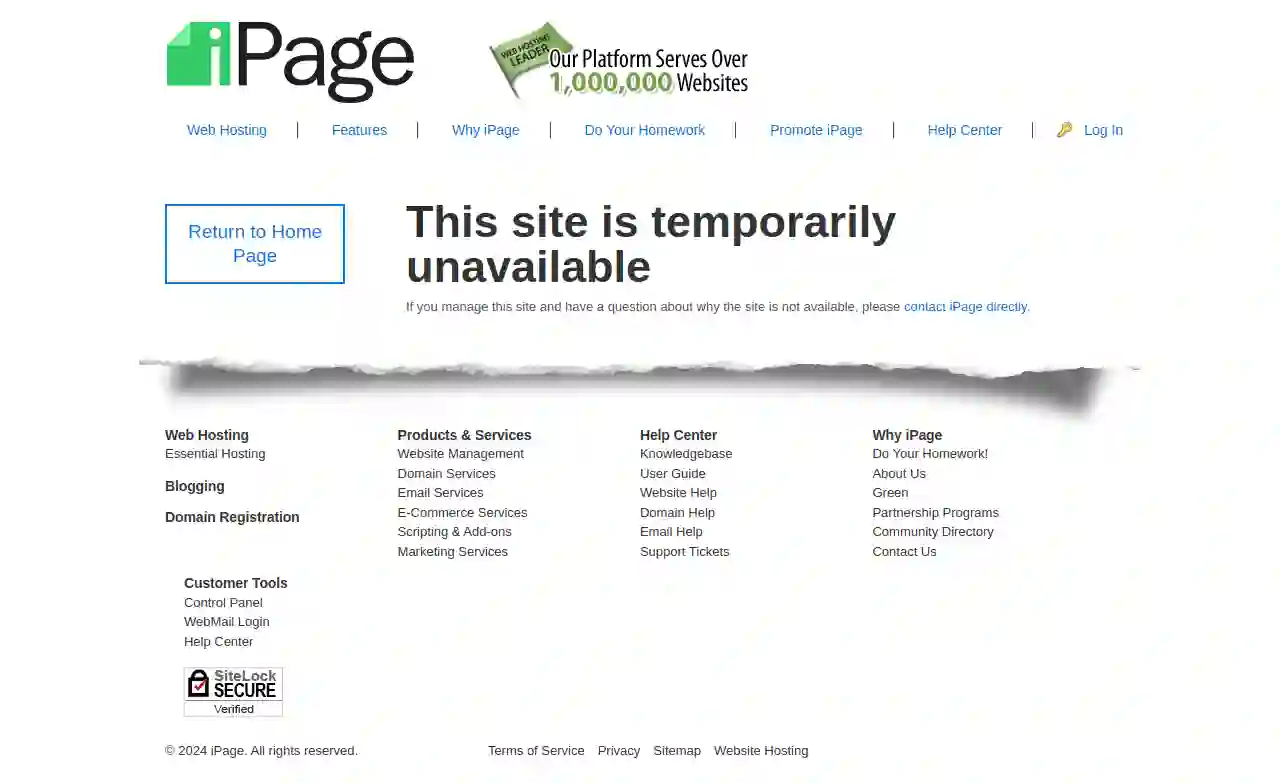
Founders Contracting - Directional Drilling Company
1Wayne, USiPage is a leading provider of web hosting and domain name services for both individuals and businesses. We offer a wide range of hosting plans to suit your needs, from basic shared hosting to powerful VPS and dedicated servers. Our services are designed to help you build and grow your online presence, with features like easy-to-use website builders, one-click installs for popular applications, and 24/7 customer support. We are committed to providing our customers with the best possible experience, and we are constantly innovating to improve our services. We are also proud to be a green company, committed to reducing our environmental impact. We believe in providing our customers with the best possible value, and we offer a variety of affordable hosting plans to fit your budget. We are confident that you will be satisfied with our services, and we encourage you to try us out today.
- Services
- Why Us?
- Gallery
Get Quote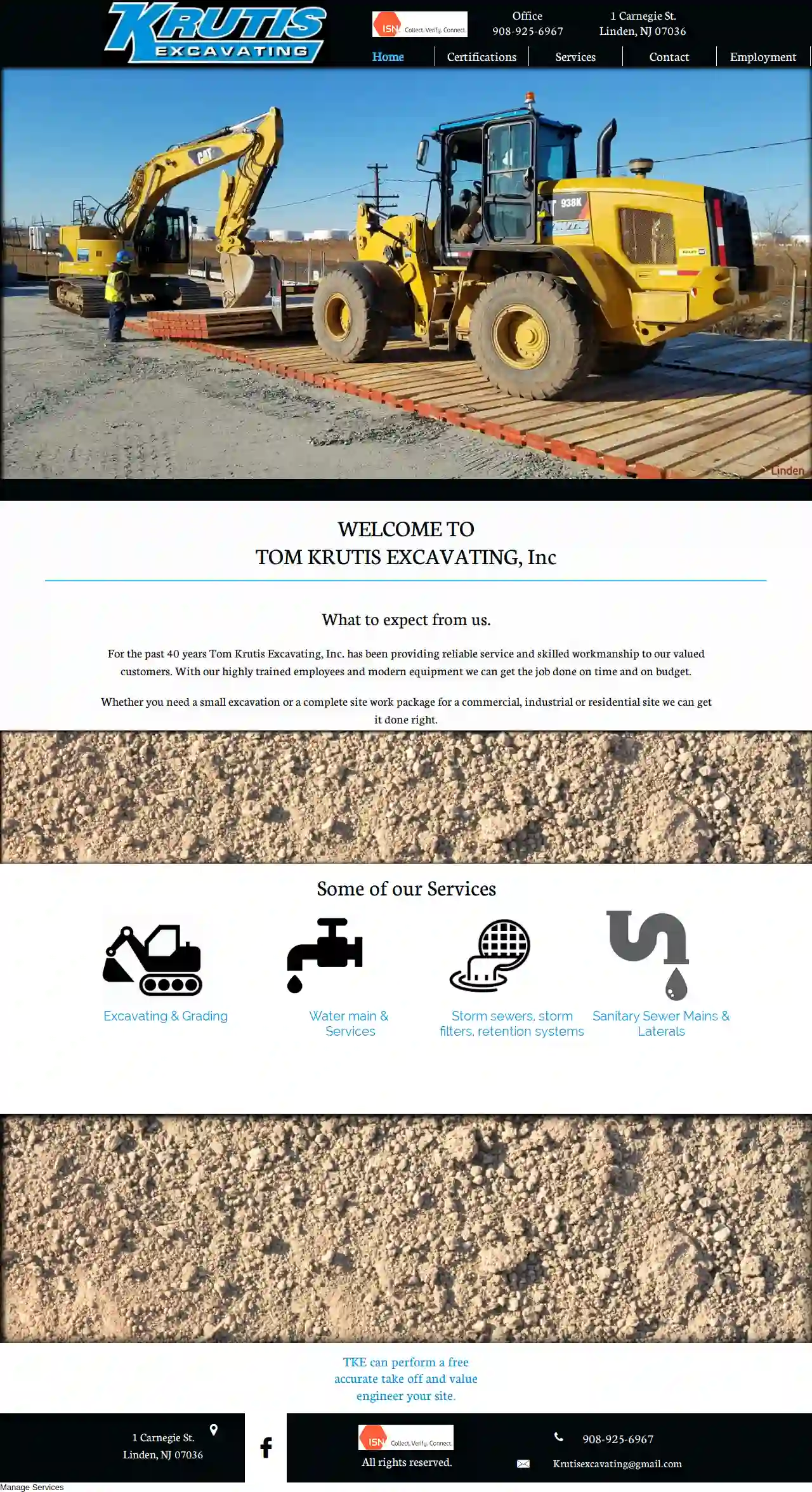
Tom Krutis Excavating Inc
4.612 reviews123 Main Street, Cityville, 12345, USKruti Excavating: Your Trusted Partner for Excavation Services Kruti Excavating is a reputable and experienced excavation company serving the [CITY] area. We are committed to providing high-quality services at competitive prices. Our team of skilled professionals is dedicated to delivering exceptional results on every project, no matter how big or small. We understand that excavation projects can be complex and require careful planning and execution. That's why we take a personalized approach to every job, working closely with our clients to ensure their needs are met. From site preparation to utility installation, we handle all aspects of your excavation project with precision and efficiency. At Kruti Excavating, we are committed to safety and environmental responsibility. We use the latest equipment and techniques to minimize disruption and ensure a clean and safe work environment. Our goal is to exceed your expectations and deliver a project that you can be proud of.
- Services
- Why Us?
- Testimonials
Get Quote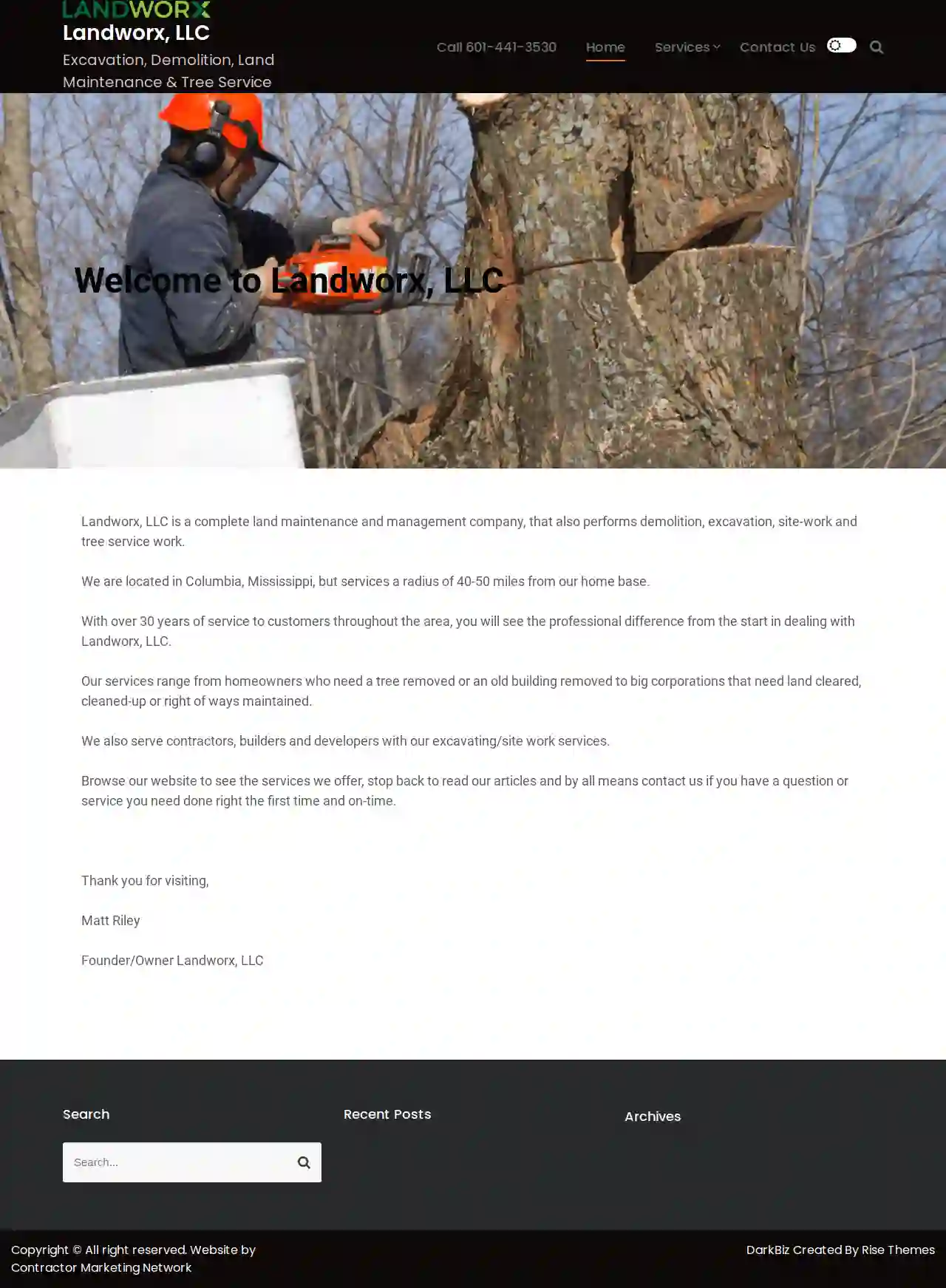
Landworx, LLC
52 reviewsBrick, USWelcome to Landworx, LLC Landworx, LLC is a complete land maintenance and management company, that also performs demolition, excavation, site-work and tree service work. We are located in Columbia, Mississippi, but services a radius of 40-50 miles from our home base. With over 30 years of service to customers throughout the area, you will see the professional difference from the start in dealing with Landworx, LLC. Our services range from homeowners who need a tree removed or an old building removed to big corporations that need land cleared, cleaned-up or right of ways maintained. We also serve contractors, builders and developers with our excavating/site work services. Browse our website to see the services we offer, stop back to read our articles and by all means contact us if you have a question or service you need done right the first time and on-time. Thank you for visiting, Matt Riley Founder/Owner Landworx, LLC
- Services
- Why Us?
- Gallery
Get Quote
Over 3,943+ Excavation Pros on our directory
Our excavation companies operate in Newark and surroundings!
ExcavationHQ has curated and vetted Top Excavation Contractors near Newark. Find the most trustworthy contractor today.
Frequently Asked Questions About Demolition Contractors
- Feasibility Studies: Assessing the viability and challenges of a demolition project.
- Demolition Planning: Developing demolition plans, including method selection, sequencing, and safety procedures.
- Permitting Assistance: Navigating the demolition permitting process and ensuring compliance with regulations.
- Hazardous Material Surveys: Identifying and managing hazardous materials, such as asbestos and lead paint.
- Cost Estimating: Providing accurate cost estimates for demolition services.
- Project Management: Overseeing the demolition process and ensuring it proceeds as planned.
- Project Assessment: The demolition contractor evaluates the structure, site conditions, and project requirements.
- Permitting: Obtain necessary demolition permits from local authorities.
- Site Preparation: Secure the site, disconnect utilities, and remove any valuable or reusable items.
- Hazardous Material Abatement: Professionally remove asbestos, lead paint, or other hazardous materials if present.
- Demolition: Execute the chosen demolition method, bringing down the structure safely and efficiently.
- Debris Removal and Site Cleanup: Sort, process, and dispose of demolition debris responsibly. Clean up the site to prepare it for future use.
- Clear the Site: Remove all furniture, appliances, personal belongings, and any valuable items from the structure.
- Secure the Perimeter: Fence off the demolition area to prevent unauthorized access and protect surrounding property.
- Disconnect Utilities: Arrange for the disconnection of electricity, gas, water, and other utilities servicing the building.
- Hazardous Material Abatement: If asbestos, lead paint, or other hazardous materials are present, have them professionally removed before demolition begins.
- Notify Neighbors: Inform your neighbors about the demolition schedule to minimize disruptions and address any concerns.
- Obtain Permits: Ensure all necessary demolition permits are in place before starting work.
What is the role of a demolition consultant?
What are the steps involved in a typical demolition process?
How do I prepare my property for demolition?
Can I do demolition myself?
What is the role of a demolition consultant?
- Feasibility Studies: Assessing the viability and challenges of a demolition project.
- Demolition Planning: Developing demolition plans, including method selection, sequencing, and safety procedures.
- Permitting Assistance: Navigating the demolition permitting process and ensuring compliance with regulations.
- Hazardous Material Surveys: Identifying and managing hazardous materials, such as asbestos and lead paint.
- Cost Estimating: Providing accurate cost estimates for demolition services.
- Project Management: Overseeing the demolition process and ensuring it proceeds as planned.
What are the steps involved in a typical demolition process?
- Project Assessment: The demolition contractor evaluates the structure, site conditions, and project requirements.
- Permitting: Obtain necessary demolition permits from local authorities.
- Site Preparation: Secure the site, disconnect utilities, and remove any valuable or reusable items.
- Hazardous Material Abatement: Professionally remove asbestos, lead paint, or other hazardous materials if present.
- Demolition: Execute the chosen demolition method, bringing down the structure safely and efficiently.
- Debris Removal and Site Cleanup: Sort, process, and dispose of demolition debris responsibly. Clean up the site to prepare it for future use.
How do I prepare my property for demolition?
- Clear the Site: Remove all furniture, appliances, personal belongings, and any valuable items from the structure.
- Secure the Perimeter: Fence off the demolition area to prevent unauthorized access and protect surrounding property.
- Disconnect Utilities: Arrange for the disconnection of electricity, gas, water, and other utilities servicing the building.
- Hazardous Material Abatement: If asbestos, lead paint, or other hazardous materials are present, have them professionally removed before demolition begins.
- Notify Neighbors: Inform your neighbors about the demolition schedule to minimize disruptions and address any concerns.
- Obtain Permits: Ensure all necessary demolition permits are in place before starting work.